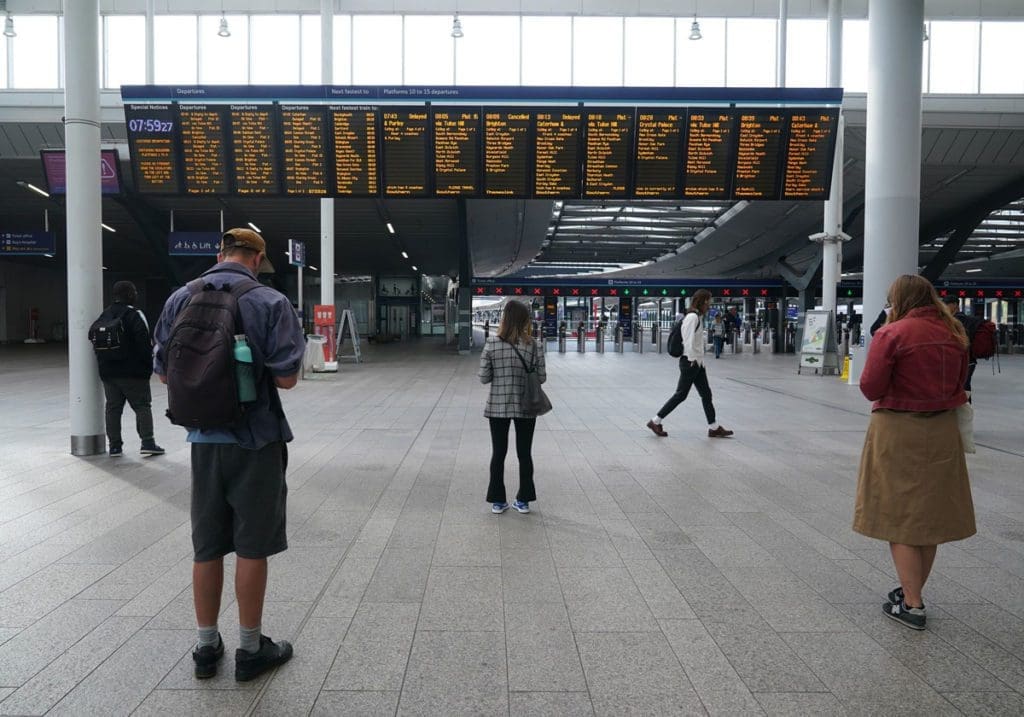Network Rail has formally started the legal consultation process with unions on the maintenance reforms it says are needed to modernise and improve productivity and efficiency, one of the issues at the centre of the current wave of strikes.

Network Rail said the proposed reforms are aimed at improving safety for employees and passengers, boosting train service performance, and saving money.
Andrew Haines, Network Rail chief executive, said: “The way people live and work has changed since the pandemic. On the railway, that means significantly fewer commuters and significantly less income.
Enjoy more Railways Illustrated Magazine reading every month.
Click here to subscribe & save.
“This year we’ll see a shortfall of around £2 billion compared with 2019.
“It would be wrong to fund this deficit through increases in fares or taxes when we know that some of our working practices are fundamentally broken.
“That’s why we must make progress with modernising the way we carry out maintenance work and making the savings that are necessary for the future of our railway.
“We haven’t given up on finding a negotiated way forward. We have made a good pay offer and our door remains open, but we can’t continue to circle the same ground day after day, week after week and not move forward.
“These reforms are too important, especially given we started these conversations 18 months ago. It is vital that we progress our modernisation plans to help put our railway on a sustainable financial footing for the future.”
Network Rail said its proposed reforms to its maintenance organisation will deliver quicker fault fixes by “multi-disciplined response teams” and greater use of “smart meter” technology flagging issues to controls rooms before key equipment failures.
Network Rail also wants “multifunctional teams” it says will enabling the company to send three mixed specialists in one van to fix a fault rather than two specialist teams in two vans.
“We have a raft of labour and life-saving technology that have been stuck in ‘trade union consultation’ for over two years, holding up the deployment of vital safety upgrades that are ready to be rolled out,” said NR.
It added that the proposed reforms would likely lead to a smaller maintenance workforce – from around 10,000 to around 8,000, but it said it did not expect to have to make any compulsory redundancies, with changes made through voluntary severance, retraining and redeployment.





